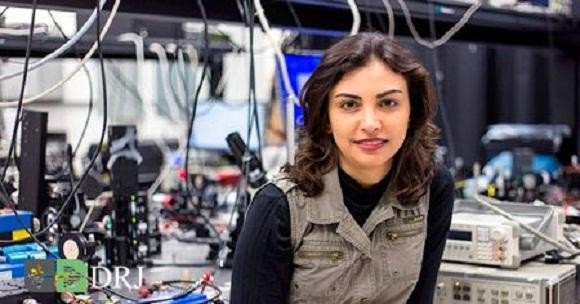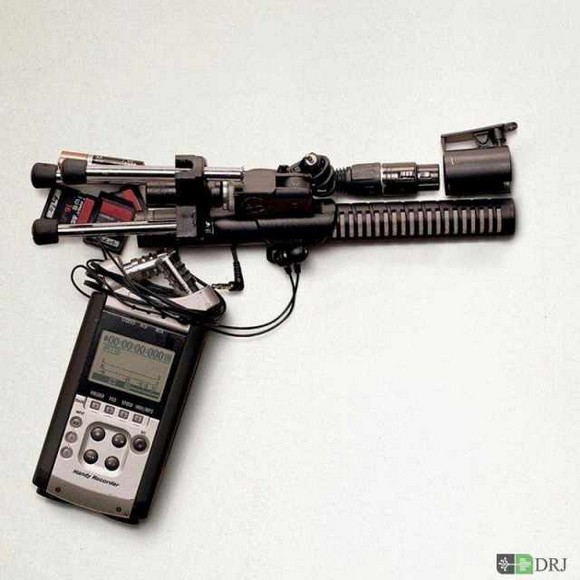Robots may not rule the world (anytime soon) but they are gradually excelling at a number of human tasks such as helping human resources (HR) managers find the right candidates, serving your favourite dish at a restaurant or checking you in at the hotel.
The options are countless and whether these robots are replacing human tasks or creating new ones for them, they are here to stay, save costs and increase productivity.
Tunisia-based startup Enova Robotics is one example of how robots are supporting businesses and the services sector.
Founded by Anis Sahbani in 2014, the startup manufactures robots for several sectors: education, security, healthcare and marketing. Prior to launching Enova, Sahbani, who is was professor at Pierre and Marie Curie University, worked on surgical robots. It was then that he realised the lack of good platforms that teach individuals how to program robots and so he decided to launch Enova.
One of its products is Mini-Lab, a robot that helps people learn how to program robots.
“In Tunisia, we don’t have educational programs dedicated for robotics, so we decided to begin with the Mini-Lab robot,” he said.
Mini-Lab is programed through Artificial Intelligence (AI) and retails at EUR4000. It is currently used in several labs and universities in France and King Saud University in Riyadh.
To protect and serve
Sahbani also targeted security companies, whose costs of installing and maintaining security cameras can be very high.
“We want to deploy a mobile camera [robot] which can go 12 kilometres per hour and can work up to eight hours continuously. We have companies that secure 500 plants, so they put at least one robot per plant,” he said.
The guard-robot, called PearlGuard and priced EUR68,000, was developed in September 2015 to help guard agents at work. “The best way to ensure security is to put humans at their right place and give repetitive tasks to machines.”
The safety guards can remain at the control post command while the robot patrols, reports and detects strange objects or activities.
The robot is able to avoid obstacles as it is equipped with global positioning system (GPS) technology, laser sensors and a thermal camera. Guards can see the surroundings of the robot, hear it and speak through it. The data is then transmitted to the control post command through radio transmissions that reach up to 5 kilometres.
Sahbani and his team of 20 engineers are currently working on two new robots - eTouch-Bot and HelloBot. The first will help elderly people living alone to stay in touch with their families by allowing them to make seamless video calls with them while HelloBot will be used to help event organisers and exhibitors at events.
eTouch-Bot will have cameras transmit the movements of the supervised person to make sure they do not fall down or if they need any urgent help. The robot will also feature a non-invasive medical process that can measure blood sugar levels by simply scanning a fingerprint.
In the making
Sahbani raised $1.6 million from Tunis-based investment company Capsa Capital earlier in September. Enova will use the money to grow its team to 35 engineers, improve its innovation process, undertake more research, develop new algorithms and security apps.
The process of manufacturing a robot demands designing it in 3D, sending it to the mechatronic department to finalise conception and design, then choose system components and work closely with the computer science department to develop the AI. The team then orders the required parts from Europe and the US and manufacture it locally before running quality assurance tests.
Robot prices cover 40 per cent of the cost and manufacturing usually takes three to four weeks according to Sahbani. With the new round of investment, he intends to reduce the length of this process to 62 hours by September 2019.

ایده ها برای استارت آپ موجب رونق کسب و کارهای اینترنتی
آینده / استارت آپ

استارتآپها ادبیات بازار سرمایه را بلدند؟
استارت آپ
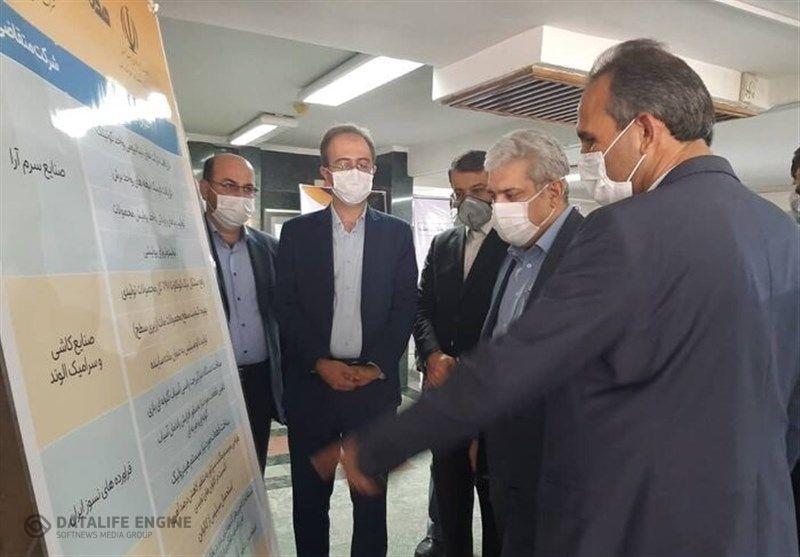
صدور تاییدیه دانش بنیانی شتابدهنده صدر فردا
اخبار / استارت آپ

اپلیکیشن شارژاپ
گوناگون / استارت آپ / رپرتاژ آگهی / بازتاب

جذابترین ایدههای B2B در سال 2020
استارت آپ

تعریف استارت آپ startup
دانشنامه / استارت آپ / مقاله

۱۰ استارتاپ که بدون سرمایه به سوددهی رسیدند
استارت آپ
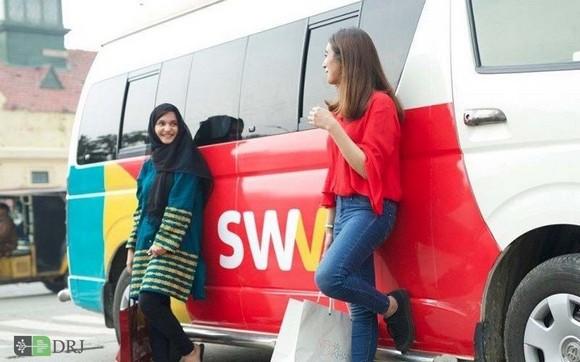
ایده ها و پیشنهاد برای استارت آپ در سال جدید
راهکارها و ترفند ها / استارت آپ
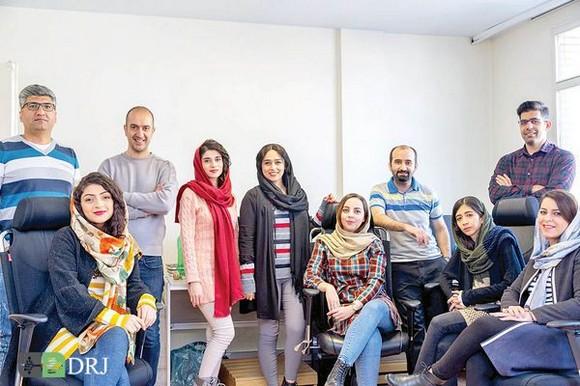
استارتآپ ایرانی؛ مرجع اول زنان افغان
استارت آپ

شروع یک کسب و کار نوپا پلتفرمی
استارت آپ

برنامه شبکه اجتماعی تیندر
گوناگون / معرفی وب سایت / استارت آپ

10 استارت آپ برتر تاکسیرانی جهان
استارت آپ

پخت پیتزاهای هیجان انگیز با هوش مصنوعی
آینده / استارت آپ

ایده های استارتاپی فراموش شده
دورنما / بازار / استارت آپ
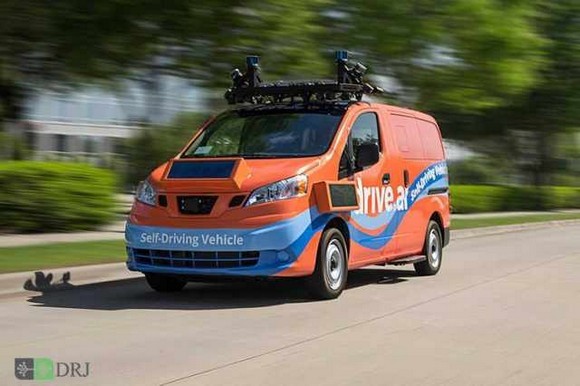
اپل، استارتاپ فناوری خودران Drive.ai را تصاحب کرد
استارت آپ

بررسی مهمترین چالشهای تیمهای استارتاپی
استارت آپ

نگرانی کاربران از هزینه تعمیر و تامین قطعات
گفت و گو / بازار / استارت آپ

مصاحبه با مدیرعامل و بنیانگذار استارتاپ Moz
گفت و گو / استارت آپ
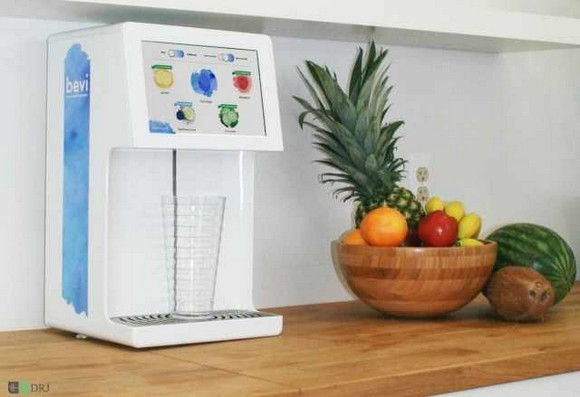
آشنایی با استارت آپ های حوزه مدیریت آب
استارت آپ

راه اندازی ۷۰ استارت آپ توسط نخبگان ایرانی
استارت آپ

معرفی هشت استارتآپ موفق ایرانی در حوزه فینتک
استارت آپ

اولین مرورگر شرعی دنیا
استارت آپ
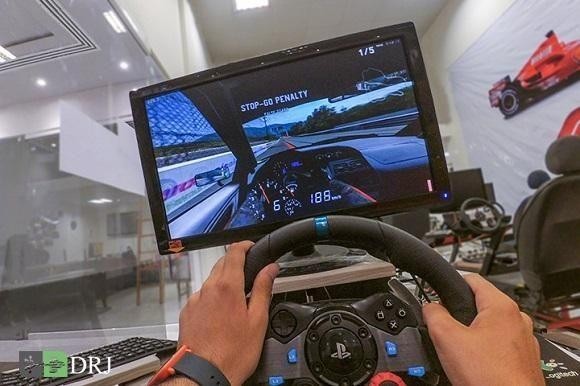
از صفر تا پیست
استارت آپ
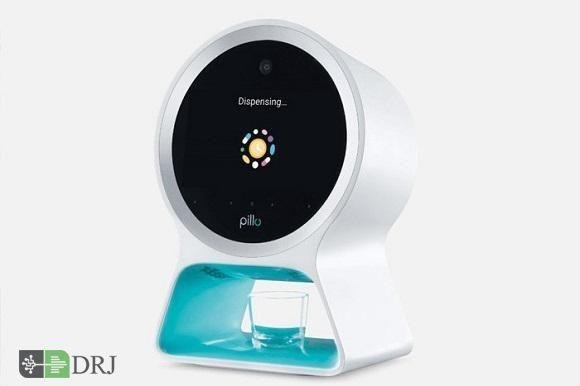
معرفی برترین استارتاپهای CES 2019
اخبار / استارت آپ

ازدواج با فرد ثروتمند یا خوش اخلاق
سبک زندگی / برترین ها

هدف از تشکیل خانواده چیست
سبک زندگی

اول عاشق شویم، بعد ازدواج کنیم
سبک زندگی

خانواده چیست
سبک زندگی

مشاوره خانواده چیست؟
سبک زندگی

اولویتهای پسانداز خانواده چیست؟
سبک زندگی

هزینه های خانواده چیست؟
سبک زندگی

راهکار بیشتر حرف زدن اعضای خانواده چیست؟
سبک زندگی

چرخه زندگی و خانواده چیست؟
سبک زندگی

اهداف و اصول تشکیل خانواده
سبک زندگی

آموزش جنسی نادرست به سبک خانم جلسه ای
سبک زندگی
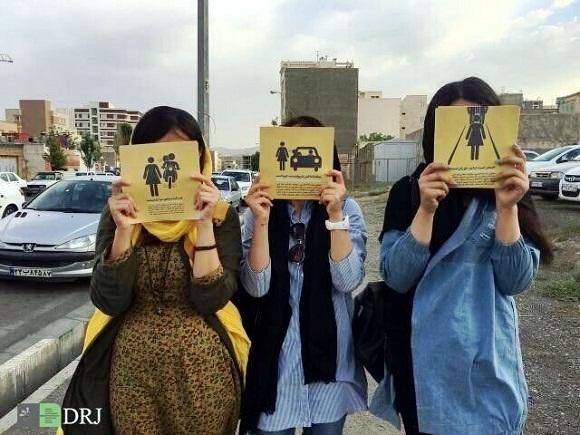
لطفا تماشاچی آزار زنان نباشید!
سبک زندگی

کودک آزاری؛ از نشانهها و دلایل تا درمان
گزارش / سبک زندگی / پرورش کودکان

روش های تعیین هدف و مسیر زندگی برای رسیدن به موفقیت
سبک زندگی
مجله اینترنتی دیپروتد نشریه مجازی بر بستر اینترنت به مسائل آموزشی و مقالات پیرامون کسب وکار های نوپا یا استارت آپ ها و سبک زندگی است فعالیت و محتوای مطالب ارائه شده در سایت همه بیشتر در حوزه مدیریت، کارآفرینی ، روانشناسی ،اقتصادی و فناوری اطلاعات است نام اصلی دیپروتد "ریشه های عمیق " با مجوز رسمی از هیات نظارت برمطبوعات مشغول به فعالیت است
ما را در شبکه های اجتماعی دنبال کنید
تمامی حقوق برای سایت فوق محفوط است.
S-TECH: ایرانی توانمند | Powered by: مجله اینترنتی دیپروتد